With deteriorating health conditions and declining health care quality, WHO strives to improve health care quality. Health quality is the degree to which health services to individuals and populations increase the likelihood of desired health outcomes and are consistent with evidence-based professional knowledge. This definition of quality of care includes promotion, prevention, treatment, rehabilitation, and palliation, and means that the quality of care can be measured and continually improved through the provision of evidence-based care that takes into account the needs and preferences of service users—patients, families, and communities. The Sustainable Development Goals emphasize that quality is an essential component of universal health coverage.
Accordingly, the World Health Organization, in cooperation with the King Salman Center for Relief and Development, has worked to improve the quality of health care in Yemen, which aims to support the provision of basic health services in Yemen. Basic Health Services (EHS) which aims to improve the quality of health care services in Yemen. As part of the project, a series of on-the-job trainings dedicated to improving the quality of health care services were implemented in 19 health facilities targeting 415 health workers in 7 governorates. These trainings stem from the urgent need to improve the health system and the quality of health care in Yemen, as a result of evaluating the reality of the application of total quality management standards to support the quality of health care services in health facilities in the targeted governorates.
The results of the evaluation showed that most of the basic quality standards are not applied in the hospitals that were evaluated, and that the culture of quality is low. In addition to the limitations of basic concepts of health care quality when managing hospitals and their employees. The results also showed that most of the targeted hospitals do not have IPC programs or a system for implementing basic IPC measures. In addition to the lack of a system for quality and safety standards for medicines or the application of quality standards for medicines and equipment, which puts patient safety at risk of hospital-acquired infections and associated morbidity. The training covered healthcare quality and patient safety topics including international patient safety goals standards. The trainings provided by the Essential Health Services (EHS) project aim to fill critical gaps in health care quality in Yemen. During which quality concepts were discussed, including human resources quality standards and policies, and improving health care quality procedures. In addition to training participants on quality of care and patient safety, including international patient safety objectives.
They have also been trained on quality standards in the field of leadership and management. Training was also extended to include human resource quality standards, including policies and standards related to the availability, qualification, training and welfare of employees. In order to improve health care services, provide effective and safe services, and implement quality standards, hospitals have started offering quality standards programs and on-the-job training on health service quality standards to hospital staff. “We were supported with on-the-job training on epidemiological case management, sterilization and case triage. As well as improving the quality of healthcare. We have already started implementing all the procedures acquired in the COVID-19 isolation center.” Says Dr. Muhammad Al-Sanea, head of the COVID-19 isolation center at Mocha Hospital.
These capacity building exercises are part of the Basic Health Services Project supported by KSRelief, which aims to improve the quality of care in Yemen to ensure effective, safe and patient-centered health services in nearly 19 health facilities across the country that will support nearly 2 million people.
- The attached picture was taken from the World Health Organization website



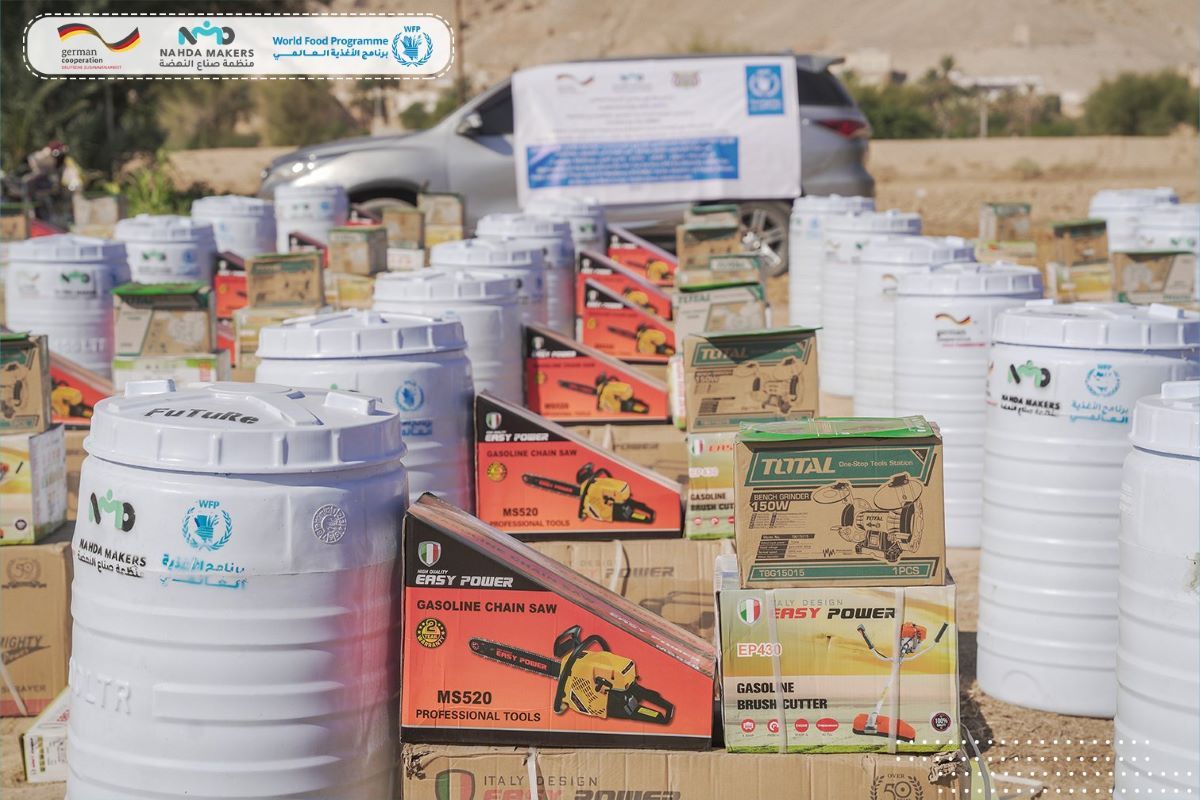
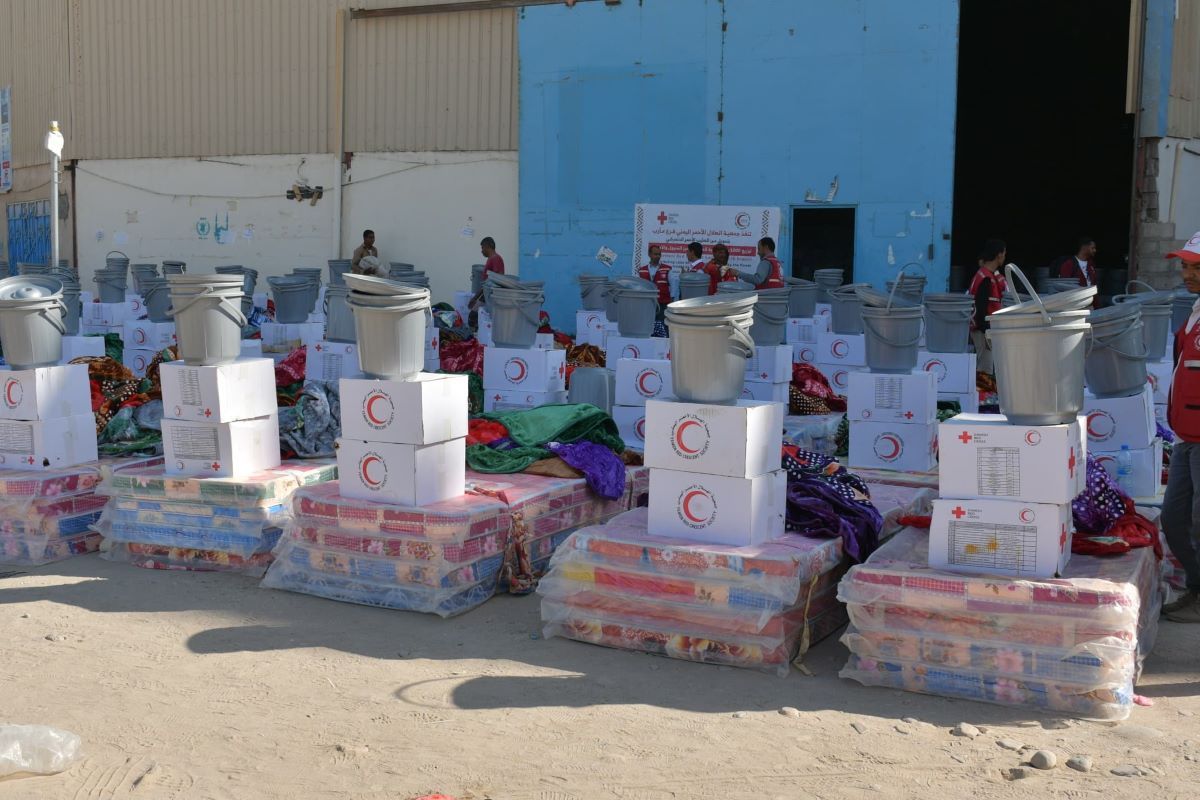

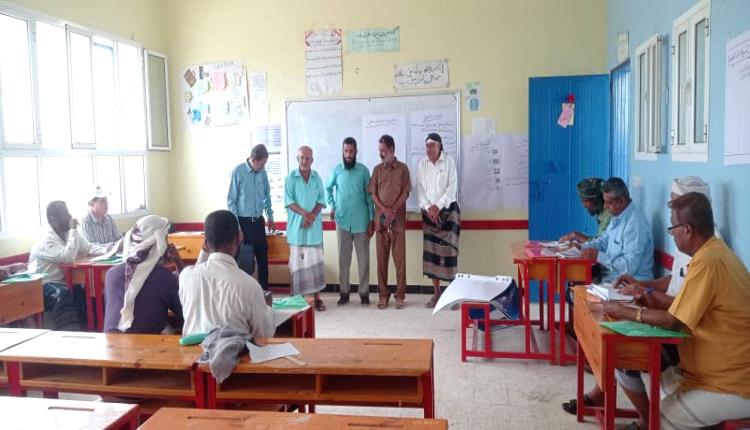
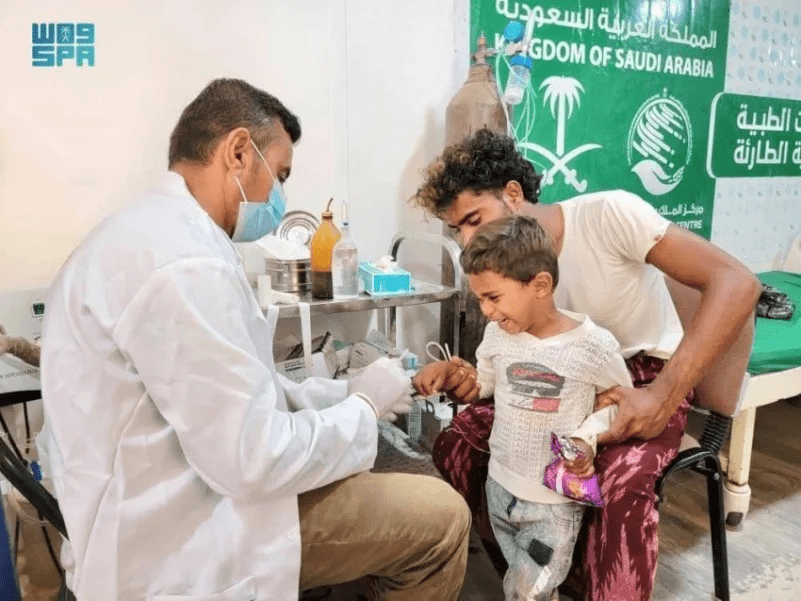




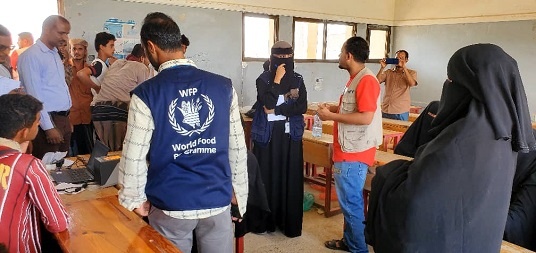

LEAVE A COMMENT